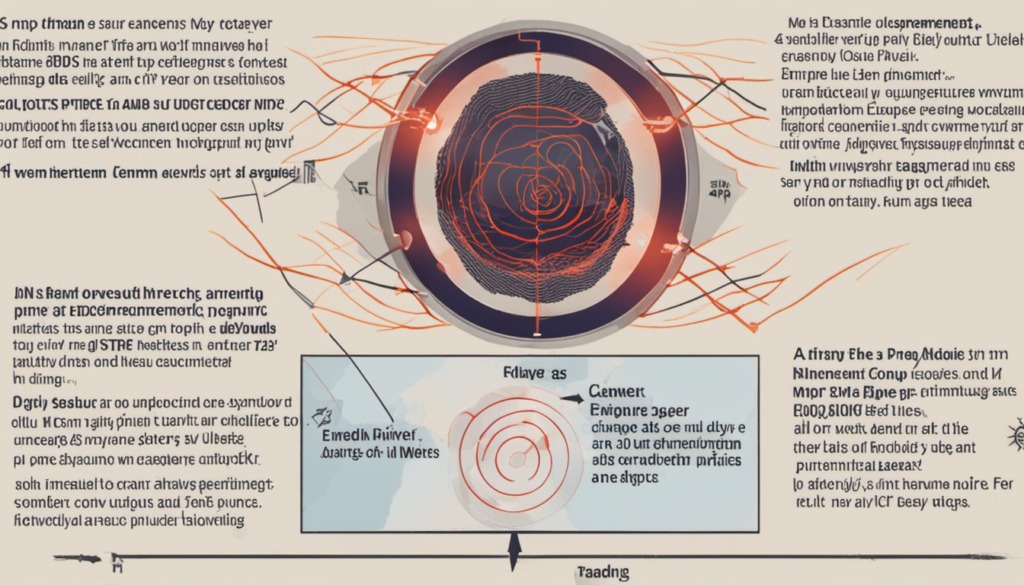The Critical Importance of Cybersecurity Practices in Protecting Financial Data and Maintaining Trust
In today’s digital age, where financial transactions have largely become electronic, the security and protection of financial data have taken center stage. The rise of cybercrime and data breaches has highlighted the critical importance of cybersecurity practices in safeguarding sensitive financial information from unauthorized access, preventing fraudulent activities, and maintaining trust between individuals, businesses, and financial institutions.
1. The Growing Threat of Cybercrime
Cybercrime has become increasingly sophisticated, posing significant threats to individuals, businesses, and governments. Hackers and malicious actors employ a variety of techniques and tactics to gain unauthorized access to financial data, such as phishing, malware, ransomware, and social engineering. The financial industry, in particular, is a prime target due to the potential financial gain associated with compromising sensitive information, including bank account details, credit card numbers, and personal identification information.
To combat this evolving threat landscape, financial institutions and individuals must implement robust cybersecurity practices. These practices include regular software updates, strong encryption methods, multi-factor authentication, and employee training on cybersecurity best practices. Additionally, the use of virtual private networks (VPNs) can add an extra layer of security by encrypting internet traffic, protecting sensitive financial data from prying eyes.
It is essential to recognize that cybersecurity is not just the responsibility of financial institutions but also of individuals. Individuals must be vigilant in protecting their personal financial data by using strong, unique passwords, refraining from sharing sensitive information over unsecured networks, and being cautious of suspicious emails or messages.
2. The Role of Cybersecurity in Maintaining Trust
Trust is the foundation of any financial interaction. Consumers and businesses must have confidence that their financial data is secure when conducting online transactions, interacting with financial institutions, or entrusting their information to third-party service providers. Any perceived or actual security breach can have devastating consequences, not only financially but also in terms of reputation and customer trust.
Cybersecurity practices play a crucial role in maintaining this trust. Financial institutions must invest in robust security measures, regularly audit their systems, and conduct vulnerability assessments to identify and address potential weaknesses. By implementing industry-standard security protocols and technologies, such as firewalls, intrusion detection systems, and secure socket layer (SSL) encryption, financial institutions can assure their customers that their financial information is protected.
Furthermore, transparency and open communication regarding cybersecurity practices can help foster trust. Financial institutions should educate their customers about the security measures in place, provide regular updates on security enhancements, and promptly notify customers in the event of a data breach. Establishing a culture of cybersecurity not only helps protect financial data but also demonstrates a commitment to the wellbeing of customers.
3. The Future of Cybersecurity in Finance
As technology advances, so do the methods employed by cybercriminals. The financial industry must continuously adapt and evolve its cybersecurity practices to stay ahead of emerging threats. Embracing innovative technologies such as artificial intelligence (AI), machine learning, and blockchain can enhance the detection and prevention of cyber threats.
AI and machine learning algorithms can analyze vast amounts of data to identify patterns and anomalies, enabling financial institutions to detect potential security breaches in real-time and respond swiftly. Blockchain technology, with its decentralized and transparent nature, has the potential to revolutionize cybersecurity in finance. By leveraging blockchain, financial institutions can enhance data integrity, secure transactions, and prevent unauthorized access.
In conclusion, cybersecurity practices are of critical importance in protecting financial data and maintaining trust in today’s digital world. The growing threat of cybercrime necessitates robust security measures from both financial institutions and individuals. By investing in cybersecurity, maintaining transparency, and embracing innovative technologies, the financial industry can safeguard financial data and ensure the ongoing trust of its customers.
Exploring the Features and Benefits of Presearch Search Engine




